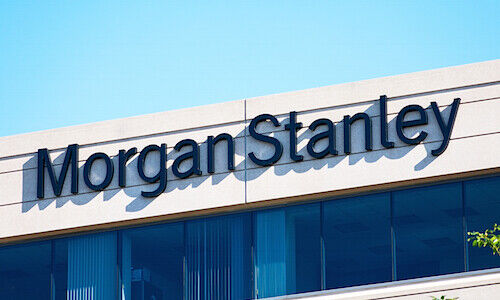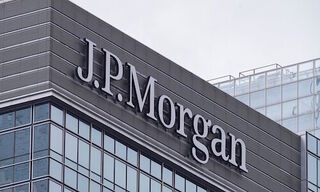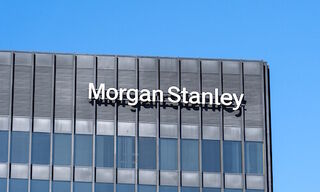An economic sentiment survey conducted by professional accounting body CPA Australia reveals that Hong Kong’s economic outlook for 2016 is more negative than previous years, however upcoming developments in the Mainland hold promise.
CPA Australia has been conducting the survey since 2000 and polled Hong Kong-based members including finance and accounting professionals from listed companies, multinational corporations, private enterprises, government and not-for-profit organizations.
More than half of the respondents (53 per cent) predict a negative outlook for Hong Kong’s economy in 2016, a 13 per cent increase from the current year’s forecast. The political environment and high property prices came out as the factors most likely to have a negative impact Hong Kong’s economic performance in 2016.
“There is no doubt that the survey results show that economic sentiment for 2016 has turned negative and many respondents believe our competitiveness is declining,” said Kenneth Chen, Divisional President – Greater China, CPA Australia.
“However, there is much to be positive about for Hong Kong in 2016 and beyond. Respondents highlighted that our simple and competitive tax system, our low interest rate environment and our increasing integration with a growing China will create many opportunities for Hong Kong businesses in the year ahead.”
When asked which markets threaten Hong Kong’s competitiveness, respondents were most likely to select Mainland China followed by Singapore. Mr Chen believes that closer economic collaboration with the Mainland and China’s next five year plan will help stimulate Hong Kong’s economy.
“China has introduced a number of policies and initiatives that will undoubtedly help drive economic growth in Hong Kong. Our members highlighted devaluation of RMB, the Belt and Road initiative, the Asian Infrastructure Investment Bank and free trade zones as the most beneficial to Hong Kong and their individual business.”
“New opportunities will also emerge for agile Hong Kong businesses out of China’s next five year plan. Given this, we recommend that the Government pursue further integration with the Mainland as this should help to stimulate the economy, benefit Hong Kong businesses and create jobs,” explained Mr Chen.
A total of 55 per cent of those surveyed believe the Belt and Road Initiative will benefit Hong Kong’s economy with respondents selecting businesses from the banking and finance, infrastructure and logistics industries as being the most likely to benefit from this initiative.
Respondents forecast the industry with the highest growth potential over the next three years to be e-commerce, followed by healthcare and banking and finance. Respondents selected the environmental sector, e-commerce and healthcare as having the greatest need for further development and policy support.
Mr. Chen stated, “The results of our survey suggest businesses would be wise to adopt a watchful approach to 2016 with a particular focus on cost structure management and lowering debt while exploring growth opportunities created by China’s next five year plan, the Belt and Road Initiative and in areas such as e-commerce.”
Other interesting findings from the survey included:
- Almost a third of respondents (32 per cent) forecast that Hong Kong’s GDP will expand by 1 to 1.9 per cent in 2016.
- More than a quarter (27 per cent) forecast the Hang Seng Index to finish 2016 somewhere between 22,000 to 23,999 while 26 per cent expect the index to be between 20,000 to 21,999 by the end of 2016.
- Salary increase expectations are lower with 48 per cent expecting a rise of less than 3.5 per cent in 2016 compared to 40 per cent in 2015.
- Despite economic sentiment being more negative in 2016, respondents do not believe this will translate into large job losses; with a majority of respondents (57 per cent) believing Hong Kong’s unemployment rate will remain between 3 to 3.9 per cent.
- Respondents were most likely to predict a decline in retail property prices of between 11 to 30 per cent in 2016 and a fall in residential property prices of between 1 to 10 per cent.




















